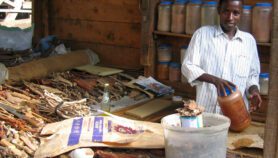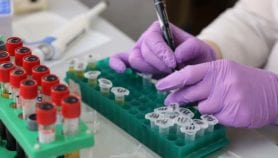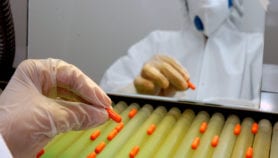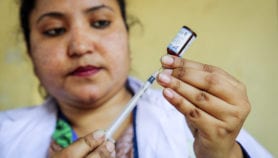By: Katie Mantell
Send to a friend
The details you provide on this page will not be used to send unsolicited email, and will not be sold to a 3rd party. See privacy policy.
The patenting of biological resources and the strengthening of patent laws could allow rich nations to rob West Africa of its indigenous knowledge and might even put livelihoods at risk, activists have warned.
At a meeting in Dakar, Senegal, earlier this month, a group of non-governmental organisations agreed on a statement condemning the patenting of biological resources as a threat to food security that could allow industrialised nations to plunder the resources of francophone countries of west and central Africa.
The NGOs claimed that revisions to the Bangui Agreement on industrial property legislation in the member states of the African Intellectual Property Organisation (OAPI) will lead to “the patenting of life, which could ultimately threaten the production capacity and even the quality of life in countries which are already very poor”.
The OAPI, however, defends the revisions to the agreement on the grounds that these were made “to make its provisions consistent with the demands of international treaties relating to intellectual property.”
But Oxfam, one of the NGOs present at the Dakar meeting, says that the revisions, which came into force in February 2002, could undermine small-scale farmers who will no longer be allowed to store, exchange or sell their seeds.
The NGOs also said that local communities that have, throughout generations, collected, used and improved plant varieties, will not benefit from such patents.
African countries accounted for only 0.02 per cent of patent requests made to the OAPI, according to Oxfam. In contrast, 97 per cent of patent requests came from industrialised nations.
More than 100 million Africans live in the 16 member countries of the OAPI, which are Benin, Burkina Faso, Cameroon, Central Africa, Congo, Côte d’Ivoire, Gabon, Guinea, Guinea Bassau, Equatorial Guinea, Mali, Mauritania, Niger, Senegal, Chad and Togo.
© SciDev.Net 2002
Link to Inter Press Service News Agency story in French













